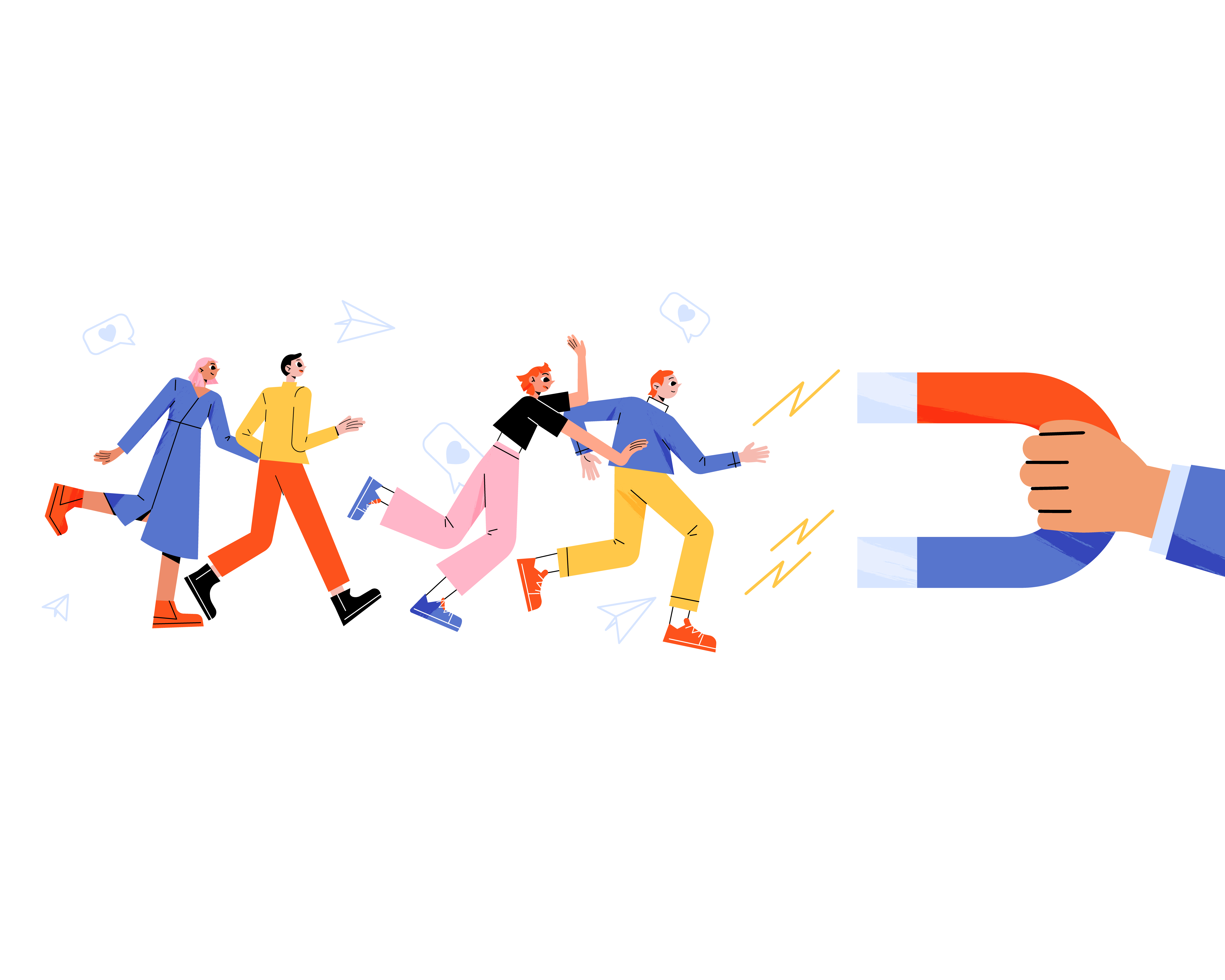Over the past several months, the NeuroLeadership Institute (NLI) has been hosting executives from organizations of all sizes and industries on live recordings of the “Your Brain at Work” podcast.
Many of these organizations have discussed how they are adapting to the new world of work. They all face unique struggles for their industry and employee base, but their innovative solutions can be broadly applicable as they are primarily people focused. They reduce people’s sense of social threat, particularly those stemming from a lack of certainty, autonomy, and relatedness.
The actions of IBM, Procter & Gamble, and Netflix are particularly striking because not only did they make drastic changes to their priorities, but they did so very quickly during the time that their employees needed support the most. In doing so, they showed that they cared about putting their people first which is something we can all strive for in our organizations.
Here are the inspiring stories of three executives that are leading the charge to make their organizations more human.
IBM
IBM recognized the need for better boundaries to support work from home employees when the line between work and home started to fade away. Deb Bubb (Head of Leadership, Learning, and Inclusion) describes the “Work from Home Pledge” as an agreement between managers who are “pledging to be aware of other people, to be empathetic, flexible, and adaptive.”
It was co-created by IBM employees who shared personal stories about video fatigue, family needs, and self care. With so much time and energy dedicated to taking care of others, it can be hard to find ways to take care of oneself.
The pledge is particularly impressive because it includes eight categories of clear, tangible ways to take care of one’s own wellbeing and the wellbeing of others. Examples include “I will shift to 20 and 45-minute meetings to replace our normal 30 minute and 1-hour calls as much as possible” and “I will stand up frequently, stay hydrated, and try to get the sleep I need.”
Thousands of IBM employees have taken the “Work From Home Pledge,” and thousands of people on LinkedIn expressed appreciation, respect, and inspiration when CEO Arvind Krishna shared the full pledge in May.
Procter & Gamble
Employees at Procter & Gamble (P&G) have always been motivated by knowing that they are creating products that families need to stay safe. However, Tracey Grabowski (Chief Human Resource Officer) said that the COVID-19 crisis built on that by creating an “inflection point for empowerment” generated by “necessity in this environment.” P&G’s culture was already encouraging agility, but this crisis pushed P&G leaders and employees to be agile in brand-new ways.
Grabowski told a story about a plant in the Middle East that was affected by a recent government mandate forbidding people to cross state lines. Plant technicians lived near the plant and could still go to work, but all of their managers were separated from them across state lines. The plant ended up successfully running without managers for two months.
This success can be attributed to how empowered P&G employees are to do great work when given the space to do so. Grabowski goes on to say that this requires a “leap of faith” from leaders who are not used to managing their teams this way (in-person or virtually), but this trust is what will help employees find the flexibility to navigate all of the stressors in their lives right now.
Ultimately, her advice is to “Trust people [and] empower them to make the decisions that work for them. They know their situation the best.”
Netflix
Dr. Rebecca Port (Vice President of Talent) said that Netflix employees didn’t have to worry much about the switch to work from home as this was already a normal practice. However, no one could have been prepared for the slew of additional stressors that arose during this pandemic. Netflix employees, like many people across the world, faced challenges ranging from mental health concerns to caring for sick or aging loved ones and homeschooling children.
Port explained that the Netflix culture focuses on “people over process.” Leaders recognize that there will be a difference between what employees can achieve post-COVID compared to pre-COVID, and they assert that this change is understandable and acceptable. Executives have been encouraging “ruthless prioritization” where employees set and communicate boundaries as well as cancel non-essential meetings to focus on the work that matters most.
Netflix has also leaned into providing accessible mental health resources because everyone is prone to burnout regardless of if you’re a working parent or you live alone. Human Resource Business Partners have conducted group sessions with mental health practitioners, and Netflix has removed restrictions on their Employee Assistance Program to allow employees to have as many therapy sessions as they need.
As a global organization, they have also ensured that mindfulness sessions are conducted in local languages across the world and that health benefits cover everyone, no matter where they are located.
Lastly, to increase a sense of certainty in an uncertain world, Netflix partnered with a medical practitioner that specializes in researching infectious diseases. This doctor advises Netflix’s task force responses as well as hosts a series of open Q&A sessions to help employees make informed decisions on how to keep themselves and their families healthy.
While this is by no means an exhaustive list of all the organizations that inspire us to support our employees in innovative ways, these organizations are walking the walk when it comes to putting their people first. May they inspire you and your organization to try something new.






.avif)

